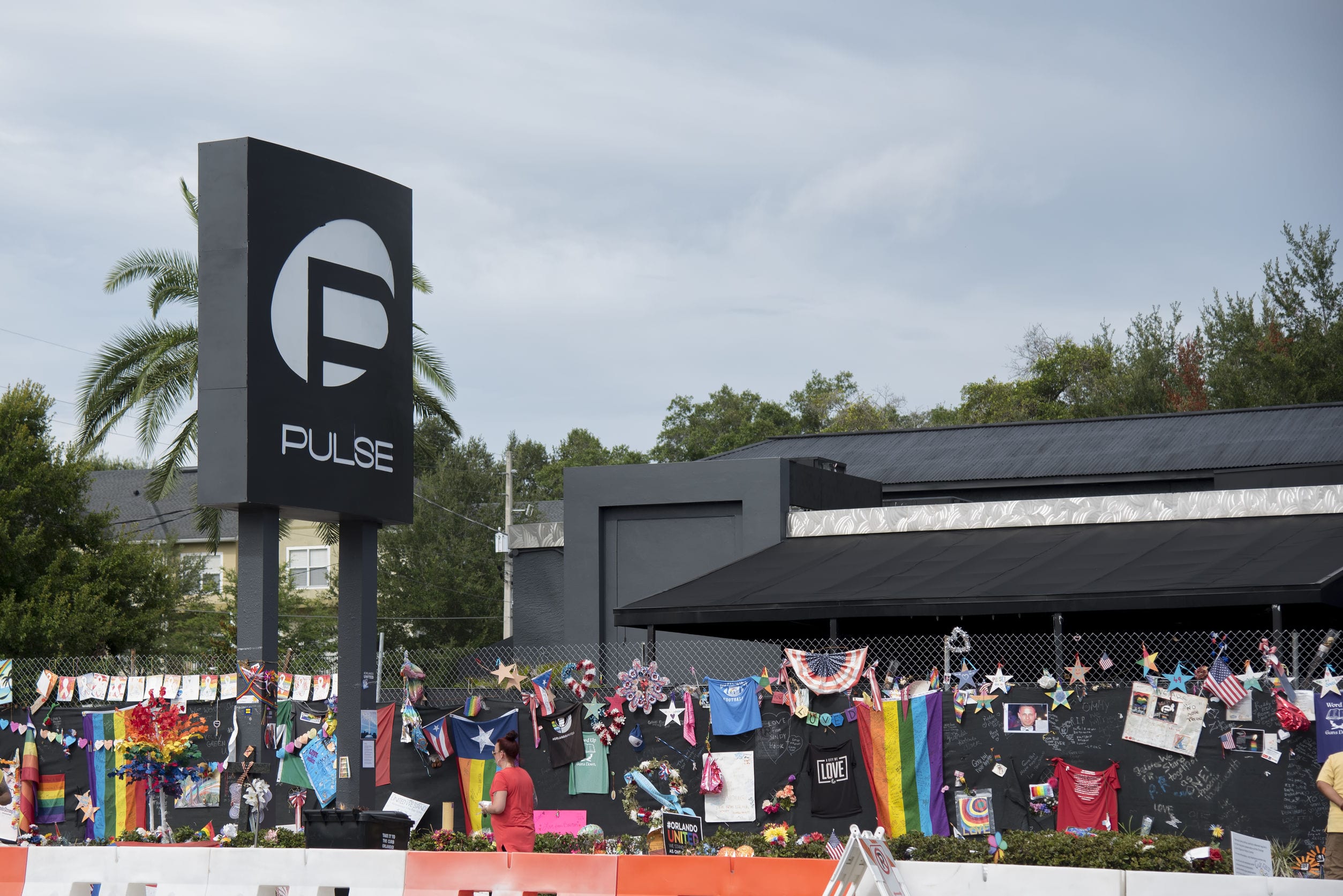- Home
- THE FIRM+
- Criminal Defense+
- CASE RESULTS
- AREAS WE SERVE+
- FAQ’s
- Blog
- Contact
AZHARI LLC BLOG
Feb. 14 2017
Obstruction of Justice: The Pulse Nightclub Shooting

Posted By: Sami Azhari
Category:
In June of 2016, 49 individuals died and 53 more were injured as the result of a heinous terrorist attack on an Orlando, Florida nightclub. This massacre is the largest single terrorist attack on our country’s history and the most deadly attack targeting the LGBT community. After carrying out his attack, the shooter was killed in a stand off with police, however, he left behind a wife and child. Upon identification, the shooter’s wife initially gave investigators quite a bit of insight into the shooter’s history and about his troubled past.
As investigators learned more, they quickly realized how much his wife knew about the attack prior to it being carried out, leading to her recent charges of obstruction of justice, aiding and abetting the shooter’s attempted provision of support for the terrorist group ISIL. Specifically, the shooter’s wife obstructed justice by engaging in misleading conduct towards officers in the investigation that further prohibited communication to other departments regarding the shooting. Her charges could lead to a sentence of life in prison.
Federal Investigations & Charges
There are six general provisions for the charges of federal obstruction of justice, including: tampering with federal witnesses, retaliating against federal witnesses, obstruction of pending federal court proceedings, obstruction of pending congressional or federal administrative proceedings, and conspiracy. Included under tampering with federal witnesses are a number of specific obstruction charges, including obstruction by intimidation, threats, persuasion, or deception, which the Pulse nightclub shooter’s wife is being charged with. 18 U.S.C. 1512(b).
In its application to the shooting, the statute specifically states that whoever, knowingly engages in misleading conduct with the intent to delay communication to a federal law enforcement officer of information relating to the commission of a federal offense is guilty of obstruction of justice. Prosecution of this crime does not require proof that the assailant intended to obstruct proceedings, but does require proof that the witness was thought reasonably likely to communicate with federal authorities, which can be inferred from evidence. 18 U.S.C. 1512(b)(3).
Sentencing Guidelines
Obstruction of justice is a serious charge that can result in a lengthy prison sentence, as evidenced by the Pulse nightclub shooter’s wife. However, a number of factors are taken into consideration when determining the proper length of sentencing. The United States Code finds that there shall be a fine or a term of imprisonment not more than 20 years, or both. However, given the severity, and the additional charges against the shooter’s life, the maximum 20-year prison term requirement is amended.

























































